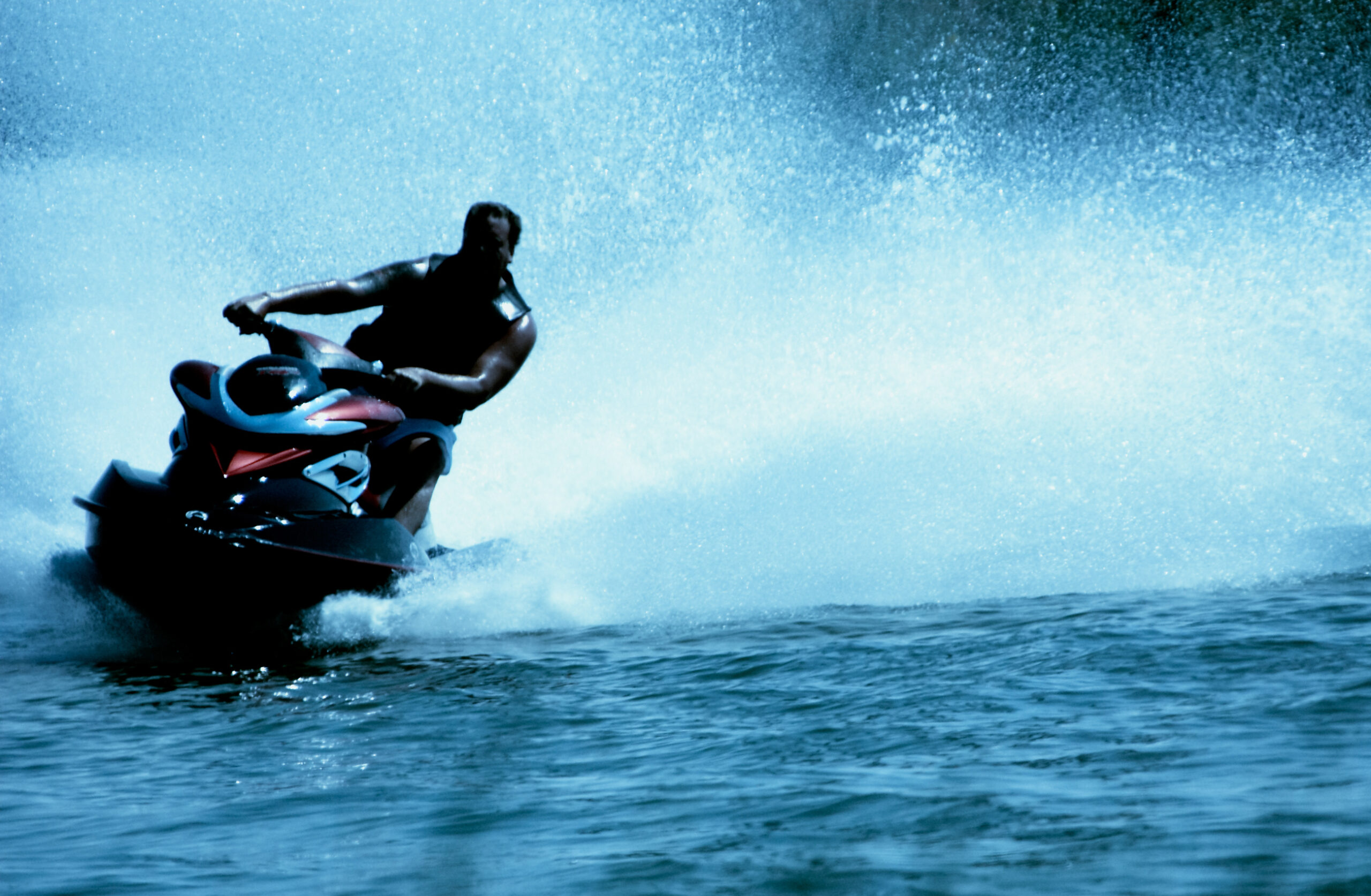Boating has long been a cherished pastime in Virginia, with its picturesque waterways and coastal regions attracting countless enthusiasts every year. However, as with any recreational activity, boating comes with its fair share of risks, and accidents can happen even in the most idyllic settings. When a boating accident occurs, understanding the role of negligence is crucial in determining liability and seeking justice. NovaLegalGroup, P.C. is here to shed light on this topic and guide you through the complexities of boat accident cases in Virginia.
Negligence Defined
In legal terms, negligence refers to the failure to exercise the level of care that a reasonably prudent person would under similar circumstances. Negligence forms the basis for many personal injury cases, including those stemming from boat accidents. To establish negligence in a boat accident case, the following elements must typically be proven:
- Duty of Care: The boat operator owed a duty of care to others on the water. This means they had a responsibility to operate the vessel in a safe and responsible manner.
- Breach of Duty: The operator breached their duty of care by acting negligently or recklessly. This could involve actions like speeding, operating the boat under the influence of alcohol or drugs, failing to follow navigation rules, or not properly maintaining the vessel.
- Causation: The breach of duty directly caused or contributed to the accident. In other words, the negligence was a significant factor in the incident.
- Damages: The accident resulted in actual damages, such as physical injuries, property damage, medical expenses, lost wages, or emotional distress.
Virginia’s Contributory Negligence Law
It’s important to note that Virginia follows a contributory negligence standard, which can significantly impact the outcome of a boat accident case. In states with contributory negligence laws, if the injured party is found to have contributed in any way to the accident, they may be barred from recovering any compensation, even if the other party was predominantly at fault. This makes seeking legal counsel all the more important, as navigating the complexities of contributory negligence can be challenging.
Requirements for Boat Operators in Virginia
Virginia has established regulations and requirements for boat operators to ensure the safety of everyone on its waterways. Understanding and adhering to these requirements is essential for preventing accidents and potential legal issues. Some of the key requirements include:
- Boating Education: In Virginia, boat operators aged 14 and older are required to complete a boating safety course approved by the Virginia Department of Game and Inland Fisheries (DGIF) before operating a motorboat with a 10-horsepower engine or greater.
- Alcohol Restrictions: Boating under the influence of alcohol or drugs is illegal in Virginia, with blood alcohol concentration (BAC) limits of 0.08% for adults and 0.02% for individuals under 21.
- Reckless Operation: Operating a boat recklessly or negligently, such as weaving through congested waterways, exceeding speed limits, or creating a wake in a no-wake zone, can result in fines and legal consequences.
- Navigation Rules: Virginia enforces navigation rules to prevent collisions and ensure safe boating. These rules cover right-of-way, proper speed, safe distances, and other considerations.
- Equipment Requirements: Boats must carry the required safety equipment, including life jackets, fire extinguishers, visual distress signals, and sound-producing devices, depending on the vessel’s size and type.
The Importance of Safety and Vigilance on Virginia’s Waterways
While understanding the legal aspects of boat accidents is crucial, preventing them in the first place is of paramount importance. Promoting safety and responsible behavior on Virginia’s waterways can go a long way in reducing the number of accidents and ensuring that everyone enjoys their time on the water.
Boating Safety Tips
- Take a Boating Safety Course: Whether you’re a seasoned boater or a novice, taking a boating safety course can enhance your knowledge and skills. These courses cover topics like navigation, rules of the water, emergency procedures, and more.
- Wear Life Jackets: Life jackets save lives. Always make sure that everyone on board is wearing a properly fitted life jacket, especially children and non-swimmers.
- Avoid Alcohol and Drugs: Operating a boat while under the influence of alcohol or drugs is not only illegal but also highly dangerous. Alcohol impairs judgment, reaction time, and coordination, increasing the risk of accidents.
- Adhere to Speed Limits: Speed limits on the water are there for a reason. Operating at excessive speeds can lead to collisions, especially in congested areas.
- Be Mindful of Weather Conditions: Check the weather forecast before heading out and stay informed about any changes while on the water. Sudden storms or changing conditions can pose serious risks.
- Follow Navigation Rules: Just like the road, the water has rules that ensure safe navigation and prevent collisions. Yield the right-of-way when appropriate, and always be aware of your surroundings.
- Maintain Your Vessel: Regular maintenance of your boat is essential to ensure it functions properly and safely. Check for any mechanical issues, faulty equipment, or potential hazards.
- Stay Alert and Avoid Distractions: Operating a boat requires your full attention. Avoid distractions like texting, talking on the phone, or other activities that can divert your focus from the water.
Boating accidents can have far-reaching physical, emotional, and financial impacts. Understanding the role of negligence and Virginia’s legal requirements is essential for pursuing justice after such incidents. By seeking the assistance of experienced legal professionals like NovaLegalGroup, P.C., you can navigate the complexities of boat accident cases, build a solid case, and work towards obtaining the compensation you need to recover and move forward.
Don’t let a boat accident disrupt your life without seeking proper recourse. Contact NovaLegalGroup, P.C. today for a consultation, and let us help you understand your rights and options in the aftermath of a boat accident. Our experienced team is here to guide you through the legal process and advocate for your best interests.
